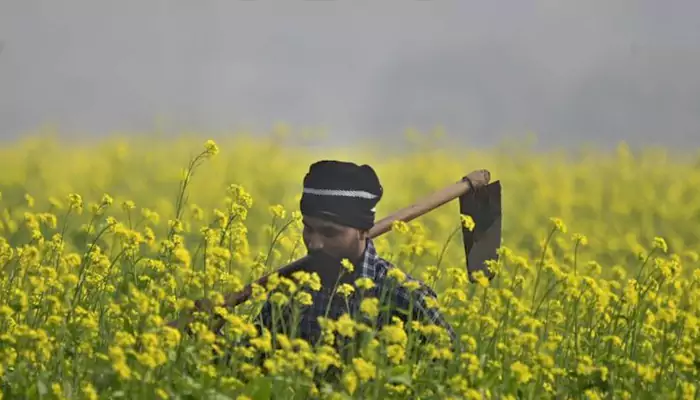The Promise of Gene Editing: CRISPR Technology and its Potential Impact on Health
- Orna Ghosh
- 23 August, 2023
- 2 mins ago

The Promise of Gene Editing: CRISPR Technology and its Potential Impact on Health
Biotechnology has emerged as a renowned field of study in recent years.
A ground-breaking technique with the potential to transform healthcare is gene editing. CRISPR-Cas9 stands out among the different gene editing techniques as a flexible and accurate technique that provides new opportunities for treating genetic illnesses, boosting human health, and maybe reshaping the
medical field.
In today's article, we will talk about the benefits of CRISPR technology and its potential to improve healthcare.
- Developed from the bacterial defence system against viral infections, CRISPR-Cas9 (Clustered Regularly Interspaced Short Palindromic Repeats-CRISPR-associated protein 9) is gene-editing technology. It enables researchers to alter the DNA of living things (specifically), including people. Using a guide RNA molecule to point the Cas9 protein to a specific spot in the genome, CRISPR-Cas9 can perform precise adjustments to the genome, such as deleting, altering, or adding new genes.
- Using CRISPR technology to cure genetic illnesses is among its most significant prospective uses. A gene mutation can cure numerous hereditary diseases, allowing CRISPR-Cas9 to fix these inherited defects. CRISPR has the potential to offer long-lasting or even permanent therapies for severe disorders, including cystic fibrosis, sickle cell anemia, and Huntington's disease, by precisely deleting the faulty genes involved.
- Although the CRISPR technology might lead to more individualised and efficient cancer therapies, it can improve the effectiveness of available medicines and open the opportunities for innovative therapeutic strategies by targeting specific genes involved in cancer development or inhibiting the immune system's capacity to attack cancer cells. Additionally, it might modify immune cells to detect and destroy cancer cells more effectively, providing new opportunities for immunotherapies.
- As we know, infectious diseases severely hamper global health. Therefore, CRISPR-based techniques could provide creative alternatives. Scientists can target and alter the genes of bacteria that cause disease, perhaps rendering them harmless or impairing their capacity to spread diseases, thanks to CRISPR technology. The discovery of novel antibacterial techniques and the avoidance of drug-resistant infections may result from this strategy.
- In addition, CRISPR technology can transform agriculture by enhancing agricultural attributes and solving issues with food security. CRISPR might aid crop development, making it more durable, nutritive, and adaptive to changing climatic circumstances by precisely manipulating genes vital for agricultural productivity, disease resistance, or environmental stress tolerance. It impacts the production and sustainability of food on a worldwide scale.
- Despite the enormous promise, CRISPR technology's ethical implications and regulatory frameworks can be considered. Future generations might be affected by the potential to change the human germline, which poses ethical questions and calls for careful discussion.






